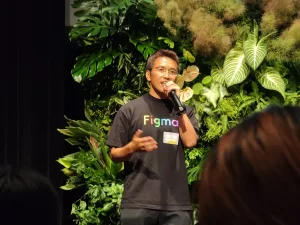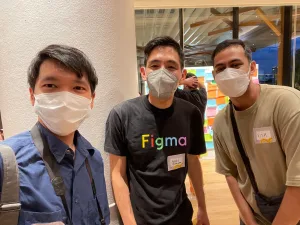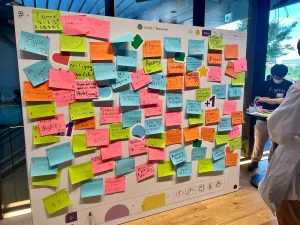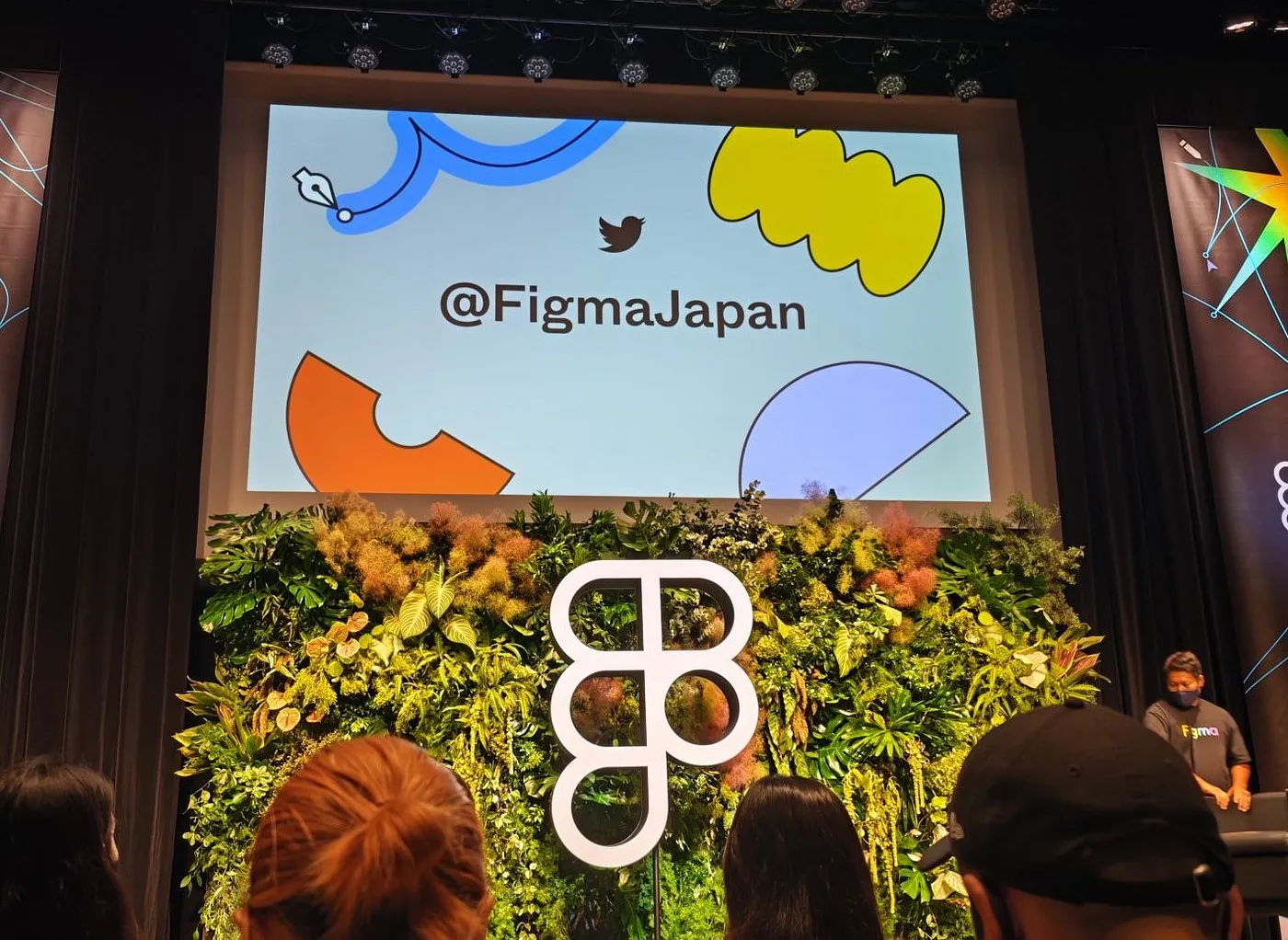Last July 27th, 2022, Figma Japan held the Figma Japan Community Event in Tokyo to mainly celebrate Figma’s expansion of their business in Japan, as well as to give back to the community through different activities (and of course, Figma SWAG).
This was Figma’s second Community Event held in Japan, but it was the ZEALS.ai design team’s first time participating. We got to experience, not just the activities that Figma Japan has planned for the event, but also the feeling of being a part of a community after being confined in our own safety bubbles because of the pandemic.
Why participate in the event?
As the name suggests, the event’s purpose is simple: to build a stronger Figma community. This was obvious, but we didn’t know what to expect until we actually got there…


One of the biggest motivators for attending this time’s event was the presence of Figma’s CEO and Co-founder, Dylan Field, as it was his first time coming to Japan, and participating in the Japan community event. The audience got to hear first-hand information about what comes next for Figma, from the CEO himself. Other than news about upcoming features in Figma (during the same day of the event, Japanese localization for Figma was also released), the audience also got to know Figma’s stories during its early years, their struggles and how they overcame those situations. A lot of people were also able to voice out their concerns and feedback about Figma as a design tool.
Connecting with other people in the event
There was a good amount of breaks, and during those short periods of time, participants were able to freely move around the event space. Some took photos and enjoyed the free snacks and drinks that were given out. Most people connected with other participants, including a handful of Figma employees.
We got to talk with Yuhki, the Chief Product Officer of Figma, and probably one of the key persons when it comes to product growth of Figma. It was very pleasant talking to him; we got to hear stories about how he started working in Figma, and about their team’s approach to research and product design.

Refreshing feeling of being part of a community, after long isolation periods during this pandemic
Seeing other people being passionate about something that you are similarly passionate about sheds a positive light on how you see that community, and this is exactly what happened. Just witnessing everything happening, even without actively participating in it, increases awareness, interest, and inspiration towards the community, and what the community values.
The pandemic has accelerated the growth of technology; it has shown how most people can do everything in the comfort of their homes and its many benefits. But this event has made me realize that sometimes, some words won’t be heard the same way, and some actions won’t be interpreted the same way, as when you are physically present to witness them.

What does Figma mean for the ZEALS.ai design team?
This is not to say that Figma doesn’t have its own flaws; every product 100% would have something that someone would want changed. Figma as a tool has been deeply integrated in ZEALS.ai’s design team’s workflow, and cross-functional teams’ communication in general. Would we survive without it? 100% yes, because there would be other alternatives to help us continue with our work.
However, Figma’s strength as a product lies in its focus on the interaction between real humans. Just as how “multiplayer” is one of its best features, especially in a time of a pandemic, the realization that rich and quality human interaction is the biggest factor in building a team/community is what makes it desirable to use Figma.
This event further helped me understand that Figma is not just a design tool, but mainly a platform to connect with other people through design (although attending this event also made me realize that some people don’t just use it for design — like documentation, presentations, team building, art, etc.).

Design tools will come and go — it has always been this way, and this cycle will probably continue in the future; Figma is not an exception. There will be another product that will capture designers’ hearts, supporting us in our workflows in a way that brings more value than ever before. But at least for now, Figma is that product.











